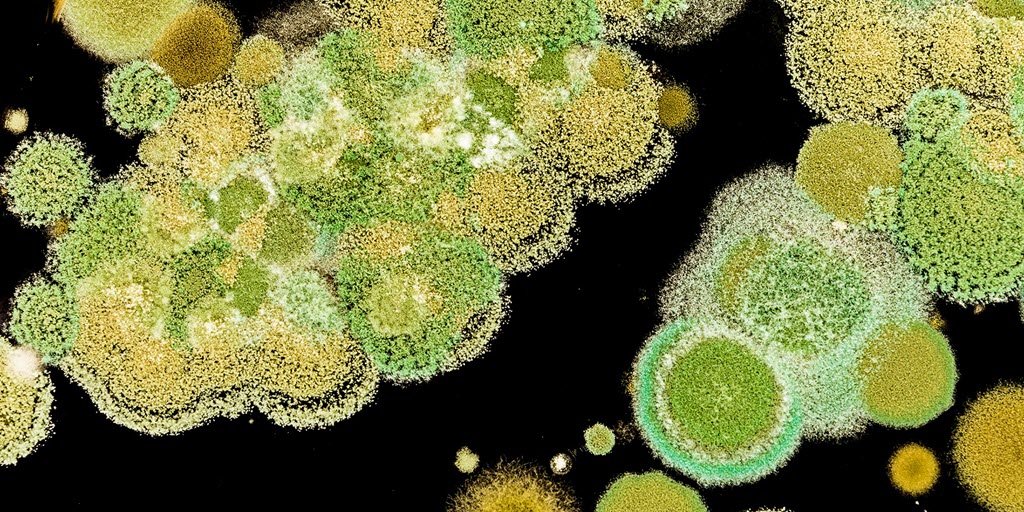 Mold is not only unsightly, it can cause serious health issues if left untreated in your home. According to Johns Hopkins University Press author and mold expert Jeff May, mold needs three things to grow: moisture, air, and something on which to feed (usually cardboard, fibers, dust particles, etc.). Mold spores are everywhere, so it’s vital to take precautions to keep your home mold-free.
Mold is not only unsightly, it can cause serious health issues if left untreated in your home. According to Johns Hopkins University Press author and mold expert Jeff May, mold needs three things to grow: moisture, air, and something on which to feed (usually cardboard, fibers, dust particles, etc.). Mold spores are everywhere, so it’s vital to take precautions to keep your home mold-free.
Control moisture and humidity. Keep basements warm in winter and dehumidified in summer. Grade the ground around your home to slope toward the street to prevent standing water. Repair leaks as soon as possible, and keep gutters clean to prevent moisture seepage. Don’t overwater plants/yards.
Store items off the ground and away from walls. Cardboard boxes and other items should be kept several inches off floors with enough space between them for air flow. Dust frequently. Metal or plastic shelving is better than wood or other organic material.
Ensure proper ventilation. Bathrooms and kitchens should be ventilated with fans or windows. Fans should vent to the outdoors, not to attics. Leave bathroom doors open after bathing to dry out the room.